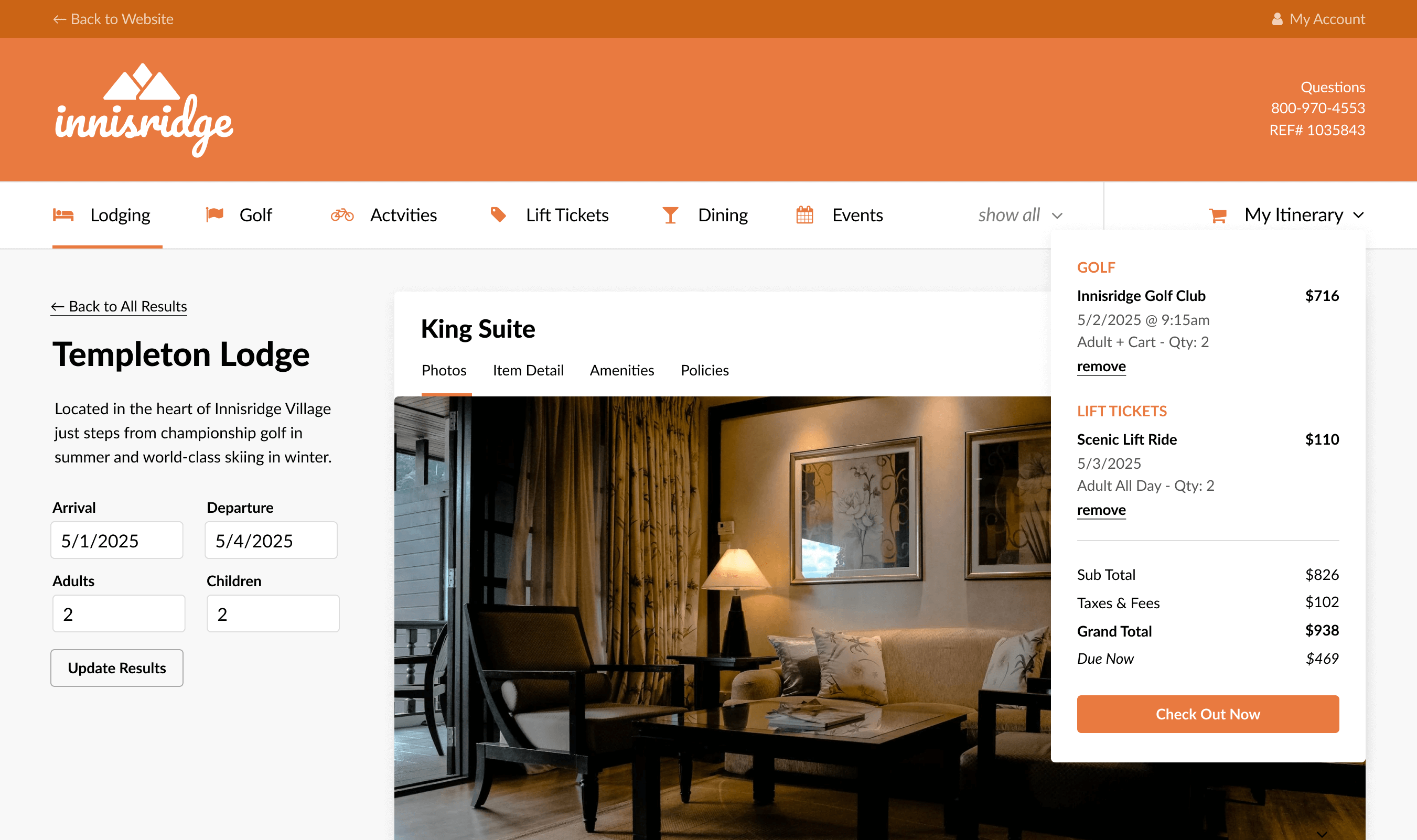
Trends
Logic says that the bigger my vacation, the further in advance I’ll make my reservation. That a weekend getaway requires less time and planning than a week-long trip. But is that true or simply one of those ideas that sounds right until we look at the numbers? Here’s what we found.
The Goods
We took over 4 winters of lodging data for 10 ski resorts for this analysis. We pulled two data points for each reservation, length-of-stay and lead time, to find the correlation between the two. To focus on an actionable frame for marketing, we excluded lead times greater than 150 days. Here’s how the data look:

When the LOS was 1, the average lead time was just 2 weeks. At 7, the lead time peaked at just over 2 months (63 days) before sliding to 50 days when the LOS was 10 or greater. The chart confirms, but adds specific data points, to something we already assumed: guests staying longer plan further in advance.
What This Means
Average lead times can be a valuable asset when you plan the timing of your offers. Pitching anything longer than a 4-night stay? Probably better get the word out at least a couple months in advance of the dates you’re hoping to fill or you could be asking guests to plan a vacation too quickly.
Rather than dangle a carrot that would require a change in habit, it may be best to work within the time frame guests plan and book. If you want someone to stay longer, changing the offer may also require a change in the timing of your promotion.
More & Merrier
We publish a new, simple insight like this one every Tuesday morning. Want next week’s resort marketing gem waiting in your inbox? Stick your name and email below.